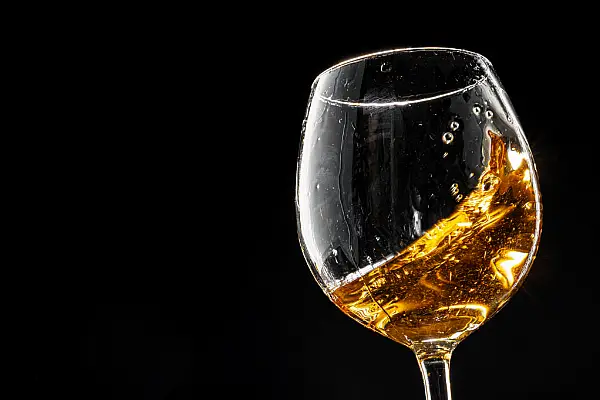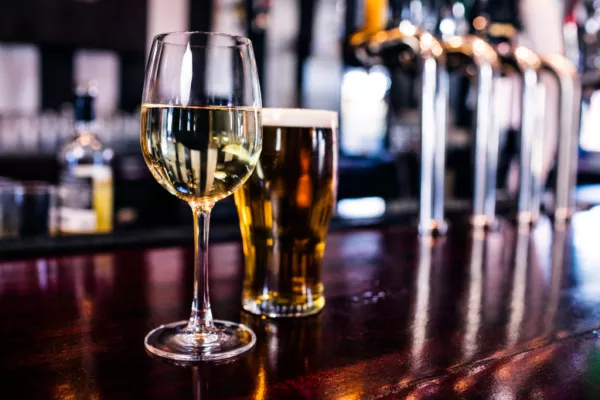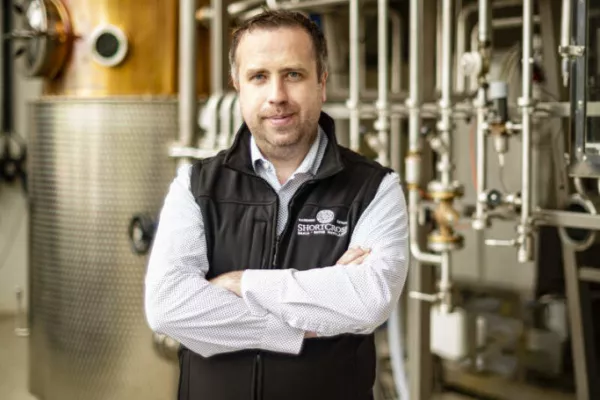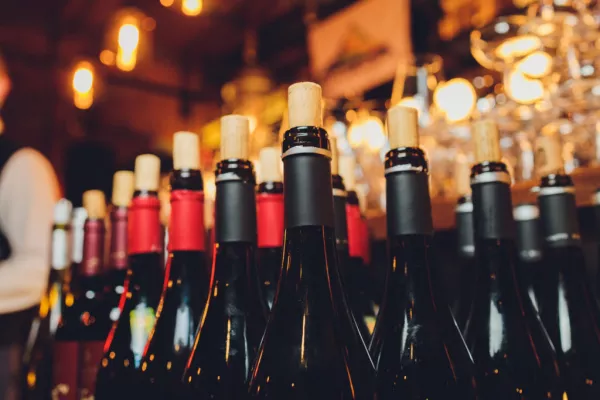With "Dry January" becoming increasingly popular in recent years and many people taking part this month, the latest data indicates that Irish people are continuing to embrace non-alcoholic beer and other no or low alcohol alternatives.
Details
As more and more consumers opt to choose 0.0% beer, Ireland's brewers have responded by producing non-alcoholic beers in recent years. This has resulted in an unprecedented choice of 0.0% beers for consumers.
Figures compiled by Drinks Ireland show that non-alcoholic beer sales in Ireland have more than tripled between 2017 and 2021, from 1.79 million to 5.55 million litres.
The market share for non-alcoholic beer soared by 275% during this time, from 0.4% to 1.5%.
The industry anticipates that non-alcoholic beer will soar in popularity this year and beyond, as Irish consumers seek more balance in their drinking and avail of the growing range of alternatives now available.
This will mirror what's happening internationally, with the global non-alcoholic beer category predicted to grow annually by 8.7% between 2021 and 2025.
Other beer loving countries have embraced the trend.
Germany is the largest and most developed market for no and low alcohol beer, and its market share is 11.8% of the total beer category.
In Spain, no and low alcohol beers have a market share of 10.6%. This followed a campaign by Spanish brewers to promote non-alcoholic beers as an alternative beverage for people who are driving.
While this trend is driven by non-alcoholic beer in Ireland, sales of non-alcoholic cider and low/no alcoholic spirits both grew in 2021, by 52% and 314%, respectively.
Statement By Director Of Drinks Ireland
Cormac Healy, director of Drinks Ireland, said, "We're seeing that consumers in Ireland are seeking more balance when it comes to their drinking which is positive. Revenue data also shows that overall alcohol consumption continues to fall in Ireland, down by around 33% in 20 years. We see research that young people in particular are cutting back and making changes.
"Drinks producers across the country are responding to growing consumer demand, through innovation and creating these great tasting alternatives."









